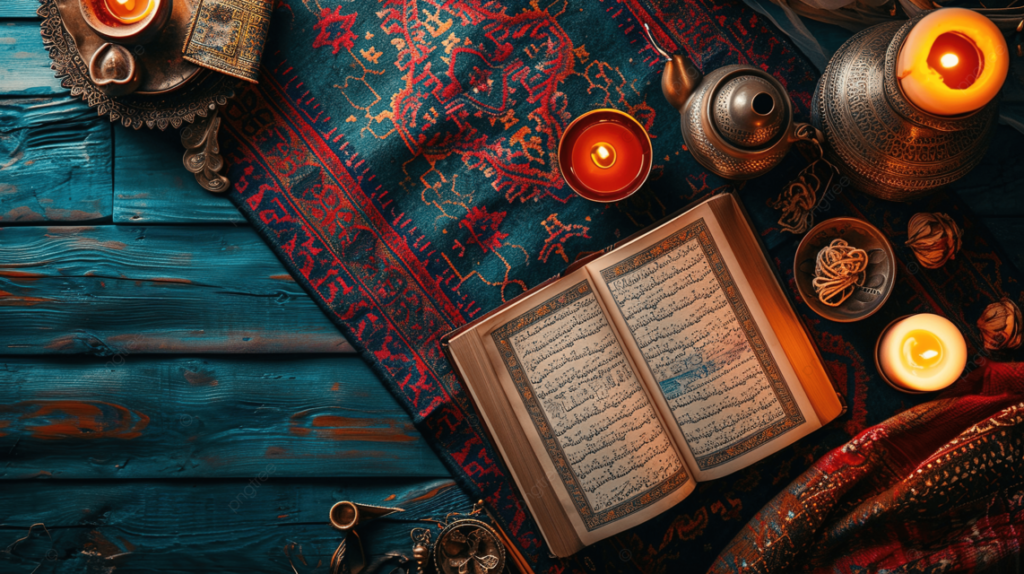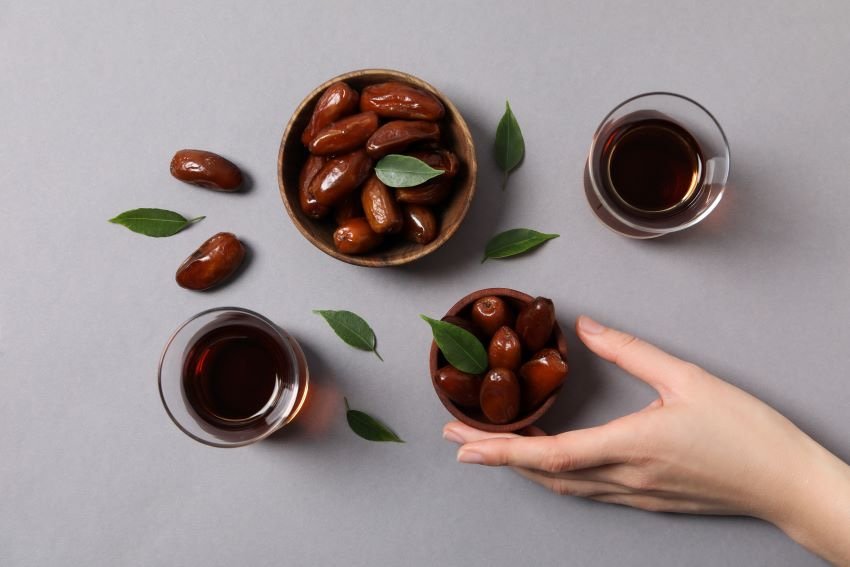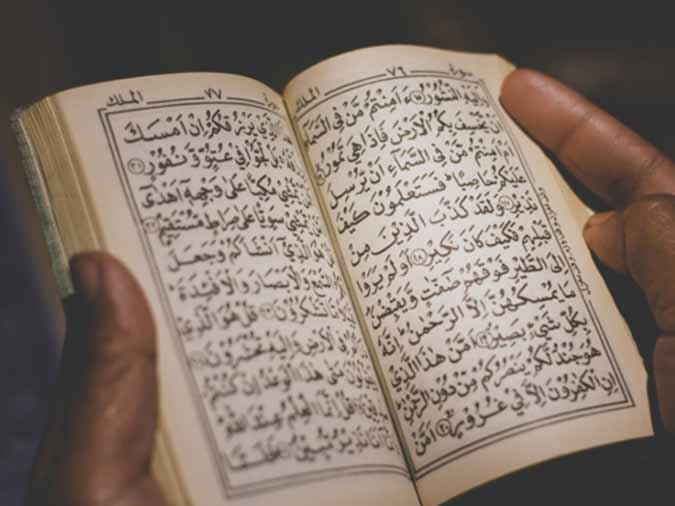Blogs

- by Adminneigh
What you should know about Ramadan

Muslims celebrate Ramadan as the month in which the Prophet Muhammad received the first of the revelations that make up the Koran, the sacred text of Islam.
It is the ninth month of the Muslim year, the beginning of which is determined by the sighting of the new moon (although the exact date often depends on the clerics of each country). In 2024 it is scheduled to begin at sunset this Sunday, March 10, and end on April 9.
Saudi Arabia announced that Monday, March 11, will be the first day of Ramadan, according to a report this Sunday by Saudi state television al-Ekhbariya.

Ramadan is a holy month of fasting during which Muslims cannot eat or drink during daylight hours. Believers abstain from all food or drink, including water, and from sexual relations from dawn to dusk.
They are encouraged to eat before sunrise and to break their fast immediately after sunset.
Traditionally, the fast is broken by eating dates and drinking water.
The end of Ramadan, called Eid al-Fitr, is a day of celebration.
(During that day, Muslims gather in large open spaces or mosques to pray special prayers, called Salat al-Eid, which are usually followed by a small breakfast, their first daytime meal in a month. Gifts are often exchanged and it is also It is customary to give alms. Another custom is to put on new clothes for that day, which marks a spiritual renewal).



1. Shahadah: claim that there is no deity but God and Muhammad is his messenger.
2. Salat: pray five times a day.
3. Zakat: giving in charity.
4. Sawm: fasting during the month of Ramadan.
5. Hajj: pilgrimage to Mecca at least once in your life.

The beginning of Ramadan usually brings with it questions about what is correct to do and what is not among those who do not profess the faith of Islam but live, work or simply share time with those who do celebrate this sacred month. Here are some tips to keep in mind according to CNN’s Saeed Ahmed.

Iftar is the breaking of the fast after sunset. “We like it to be a big communal meal. You should come,” writes Ahmed.

The way you determine when Ramadan begins is decidedly old school: you have to physically see the moon (even though there are apps for that). So if your coworker says, “Starting tomorrow, can I start work early so I can leave earlier?” try to accommodate.

It means “Happy Ramadan.” Your Muslim coworker will appreciate it.
– Fasting: During Ramadan, Muslims practice fasting from sunrise to sunset. During this time they abstain from eating, drinking, smoking and having sexual relations. Fasting is a form of purification and a sign of devotion to God.
– Prayer: During Ramadan, Muslims perform special prayers called Tarawih. These prayers are held after the night prayer and are an opportunity to recite the Quran and seek closeness to God.
– Reading the Quran: During Ramadan, many Muslims dedicate themselves to reading and studying the Quran. It is believed that it was during this month that the Quran was revealed to the Prophet Muhammad.
– Acts of charity: Ramadan is a time of generosity and solidarity. Muslims are encouraged to perform acts of charity and help those in need during this month. This may include donations of food, clothing, or money to charities.
– Breaking the fast: At the end of each fast day, Muslims gather to break the fast at a meal called Iftar. This meal usually begins with the consumption of dates and water, following the traditions of the Prophet Muhammad, and then a more complete meal is shared with family and friends.
– Celebration of Eid al-Fitr: At the end of the month of Ramadan, Muslims celebrate Eid al-Fitr, which marks the end of fasting. During this holiday, special prayers are performed at the mosque, gifts are exchanged, and festive meals are shared with family and friends.


With reporting by Doug Criss, Saeed Ahmed and the CNN investigative team.

